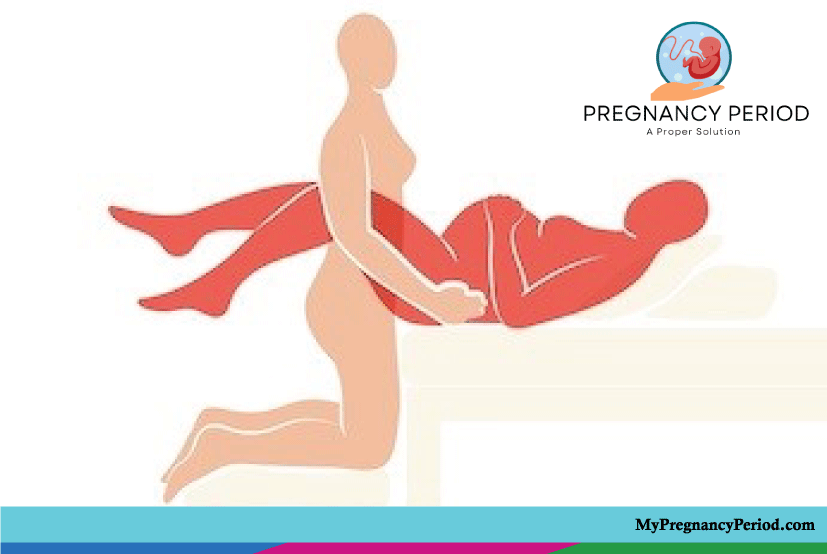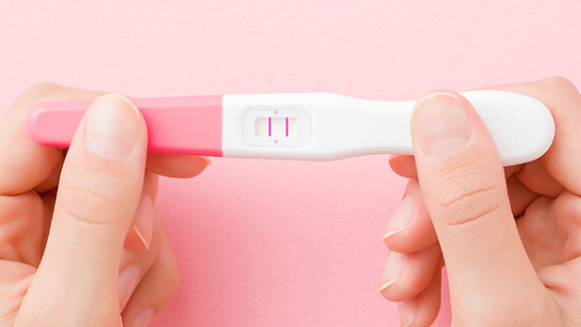Understanding Painful Sex During Pregnancy: Causes, Tips, and FAQs
1. Introduction
Pregnancy is a transformative and beautiful journey, but it can also bring about changes in a woman’s body, leading to unexpected discomforts. One such concern is experiencing vaginal pain after sex during pregnancy. In this article, we’ll delve into the causes, normalcy, and ways to address this issue.

2. Causes of Vaginal Pain During Pregnancy
2.1 Changes in Hormones
During pregnancy, hormonal fluctuations are common. These changes can affect the elasticity and sensitivity of the vaginal tissues, potentially causing discomfort after sexual intercourse.
2.2 Increased Blood Flow
The increased blood flow to the pelvic region during pregnancy can also contribute to heightened sensitivity. This may result in mild to moderate pain during or after sexual activity.
2.3 Changes in Cervix
As the body prepares for childbirth, the cervix undergoes changes, becoming more sensitive. Engaging in sexual activity can sometimes lead to discomfort due to these cervical changes.
3. Is Vaginal Pain Normal During Pregnancy?
Experiencing mild vaginal pain occasionally is considered normal during pregnancy. However, persistent or severe pain should not be ignored, and seeking medical advice is crucial.
4. Seeking Medical Advice
If you are experiencing consistent or severe vaginal pain after sex during pregnancy, it’s essential to consult your healthcare provider. They can assess your individual situation, provide guidance, and rule out any underlying issues.
5. Tips for Relieving Vaginal Discomfort During Pregnancy
5.1 Communication with Your Partner
Open and honest communication is the foundation of a healthy sexual relationship, especially during pregnancy. Share your feelings, concerns, and any physical discomfort you may be experiencing. Your partner’s understanding and support are crucial for a positive experience.
5.2 Using Lubrication
Applying a water-based lubricant can significantly reduce friction and enhance comfort during sexual activity. Hormonal changes during pregnancy can affect natural lubrication, so adding a lubricant can make the experience more enjoyable and lessens the risk of irritation.
5.3 Optimal Positions
Experimenting with different sexual positions can make a significant difference in minimizing discomfort. Positions that permit you to control the depth and pace of infiltration may be more comfortable. Listen to your body & partner and find positions that work best for you.
5.4 Take Things Slow
Pregnancy is a time of physical changes, and rushing into intimacy may contribute to discomfort. Take your time, engage in extended foreplay, and prioritize emotional connection. Slowing down can enhance comfort and make the experience more enjoyable for both partners.
5.5 Use Pillows for Support
Strategic use of pillows can provide additional support and comfort during intimate moments. Placing a pillow under your hips or between your legs can help alleviate pressure on sensitive areas, making the experience more comfortable.
5.6 Practice Relaxation Techniques
Engage in relaxation techniques, such as deep breathing or mindfulness, before engaging in sexual activity. Being in a relaxed state can reduce tension and increase overall comfort, making the experience more positive.
5.7 Choose the Right Time
Selecting the right time for intimacy can contribute to a more comfortable experience. Consider times of the day when you feel more relaxed and less fatigued. Being mindful of your energy levels can enhance both physical and emotional comfort.
5.8 Maintain Regular Prenatal Check-ups
Regular prenatal check-ups with your healthcare provider ensure that you are aware of any specific concerns related to your pregnancy. Discussing any discomfort or concerns during these appointments can lead to personalized advice and support.
6. Frequently Asked Questions (FAQs)
6.1 Is vaginal pain common during pregnancy?
Yes, mild vaginal pain is common due to hormonal changes, increased blood flow, and cervical adjustments. However, persistent or severe pain should be addressed with a healthcare professional.
6.2 When should I be concerned about vaginal pain after sex?
If the pain is severe, persistent, or accompanied by other concerning symptoms, seek medical advice promptly.
6.3 Are there specific positions to avoid during pregnancy?
Certain positions that put pressure on the abdomen may be uncomfortable. Experiment with different positions to find what works best for you.
6.4 Can vaginal pain during pregnancy harm the baby?
Generally, mild pain does not harm the baby. However, it’s essential to consult with a healthcare provider to rule out any underlying issues.
6.5 How can I discuss this with my partner?
Open and honest communication is crucial. Share your feelings, concerns, and any discomfort you may be experiencing. This fosters understanding and support.
Read More About
Upper Back Pain During Pregnancy
7 Natural Remedies for Insomnia during Pregnancy
7. Conclusion
Experiencing vaginal pain after sex during pregnancy is a common concern, but understanding the causes and taking proactive measures can enhance comfort. Remember, open communication with your partner and seeking medical advice when needed are crucial steps for a healthy and enjoyable pregnancy and also sex during pregnancy.






God, you’re incredible! I can’t recall ever reading anything like it. What a relief to discover someone who has fresh ideas about this. Your initiative in launching this is truly appreciated. Someone with some creativity is really required on the web, and this website provides that.
This is really interesting, You’re a very skilled blogger. I’ve joined your feed and look forward to seeking more of your magnificent post. Also, I’ve shared your site in my social networks!
I liked it as much as you did. Even though the picture and writing are good, you’re looking forward to what comes next. If you defend this walk, it will be pretty much the same every time.
Thanks I have just been looking for information about this subject for a long time and yours is the best Ive discovered till now However what in regards to the bottom line Are you certain in regards to the supply